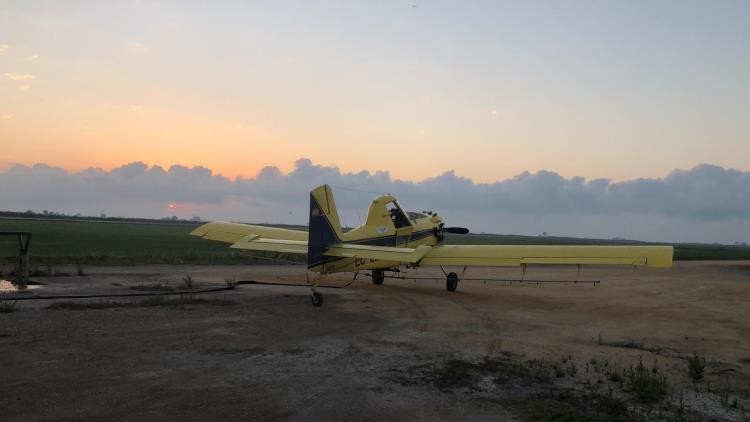
The technicians of the Consorcio de Políticas Ambientales de las Tierras del Ebro (COPATE) will make this week the first treatment against the larvae of mosquitoes that develop in the perimeter rice fields of the urban and urbanized nuclei of the delta of the Ebro. Until mid-August, COPATE will carry out two treatments plus rice paddies, treatments that are added to those carried out in natural spaces to control the mosquito population in the Delta.
This year, the product to be used for rice treatment is based on the active substance Bacillus thuringiensis, marketed under the name Vectobac 12 AS, after the exception has not been authorized to continue using the growth-regulating insecticide to base of a chitin inhibitor that was used until last year. "It is the same product that we use in natural spaces and the river, the BTI, a product that is more expensive and that we will have to check its effectiveness in rice fields," explained the technical director of COPATE, Raül Escosa. Although the treatment of mosquito larvae in rice paddies will increase by 40%, the three planned treatments will be maintained.
The treatments, which will last for three days, will begin in the left hemidelta, in the areas of Ampolla-Camarles, L'Aldea, Deltebre and Riumar and will continue in the right hemidelta, in the areas of Amposta, Eucaliptus, Poble Nou, Sant Jaume d'Enveja, els Muntells i Sant Carles de la Ràpita. In total, 2,100 hectares of rice fields will be treated.
As for the financing of these treatments is the responsibility of the contributions of the municipalities of the Delta, the Diputación de Tarragona, the county councils of Baix Ebre and Montsià and the Generalitat de Catalunya, and have the supervision of the Department of Health. The budget for the mosquito and blackfly control campaign is 1.3 million euros. "We reduce the mosquito population in the Delta using the most accurate methodologies, but also more respectful of the high ecological value of our territory," concluded the president of COPATE, Joan Alginet.



